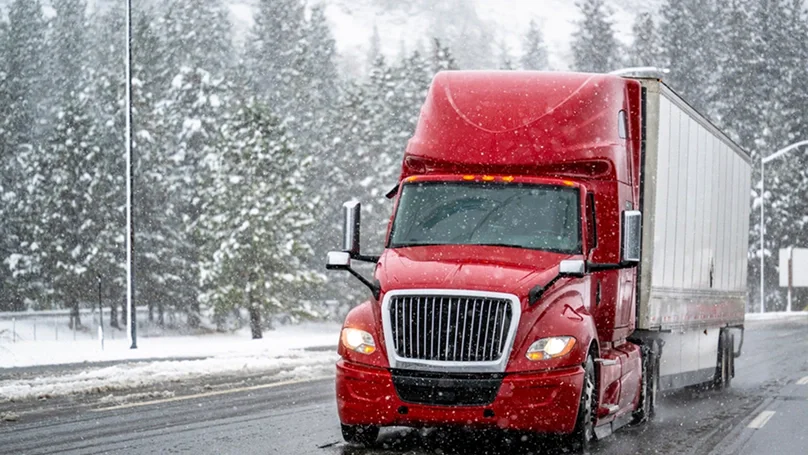Don’t Wait to Contact a Trucking Accident Lawyer
Trucking accidents can be extremely damaging, resulting in serious injuries and significant property damage. These incidents usually involve various complex factors, such as driver fatigue, mechanical failures, and difficult road conditions. By understanding the typical causes, possible injuries, and appropriate post-accident actions, you can better handle the aftermath of a trucking accident and ensure that your rights are upheld.
Understanding Trucking Accidents
Trucking accidents differ significantly from regular car accidents due to the sheer size and weight of commercial trucks. These vehicles can cause extensive damage and severe injuries, even at low speeds. The complexity of trucking accidents often involves multiple parties, including drivers, trucking companies, and insurance providers. The trucking industry regulations, such as hours of service and maintenance requirements, also add complexity to these cases.

Common Causes of Trucking Accidents
Trucking accidents can occur for various reasons, many of which stem from human error or mechanical issues. Some of the most common causes include:
- Driver Fatigue: Long hours on the road can lead to tired drivers, reducing reaction times and increasing the likelihood of accidents.
- Mechanical Failures: Poorly maintained trucks can experience brake failures, tire blowouts, or other mechanical issues that lead to accidents.
- Improper Loading: Overloaded or improperly balanced cargo can cause trucks to become unstable and difficult to control.
- Weather Conditions: Rain, snow, and fog can make driving conditions hazardous, particularly for large trucks.
- Speeding and Reckless Driving: Excessive speed and aggressive driving behaviors can significantly increase the risk of accidents.
Injuries That Happen in Trucking Accidents
Injuries resulting from trucking accidents are often severe due to the size and weight of commercial trucks. Common injuries include traumatic brain injuries, spinal cord damage, fractures, and internal injuries. Victims may also suffer from whiplash, cuts, and bruises. The impact of these injuries can be long-lasting, requiring extensive medical treatment and rehabilitation. In some cases, victims may experience chronic pain or permanent disabilities. It’s important to seek immediate medical attention after a trucking accident to address any injuries and prevent complications.
Who is Liable?
Determining liability in trucking accidents can be complex, as multiple parties may be responsible. Potentially liable parties include the truck driver, trucking company, vehicle manufacturer, or the company responsible for loading the truck. Factors such as driver gross negligence, failure to maintain the vehicle, and improper loading practices all play a role in establishing fault. Thorough investigations are essential to identify all responsible parties and gather evidence to support your claim. Understanding liability is crucial for securing the compensation you deserve and holding the appropriate parties accountable for their gross negligence.
Steps to Take After a Trucking Accident
Taking the right steps after a trucking accident can significantly affect your recovery and legal case. Here are key actions to take:
- Ensure Safety: Move to a safe location if possible and check for injuries.
- Call 911: Report the accident and request medical assistance.
- Gather Evidence: Take photos of the scene, vehicle damage, and any visible injuries.
- Exchange Information: Obtain contact and insurance details from all involved parties.
- Seek Medical Attention: Even if injuries seem minor, get a thorough medical evaluation.
- Contact an Attorney: Consult with a personal injury attorney to protect your rights and discuss your case.
Experienced Trucking Accident Attorney for South Carolina
At the Law Office of Mo Abusaft, we have extensive experience handling trucking accident cases. We are dedicated to guiding you through the legal process, ensuring you receive the compensation you deserve. Contact us today for a consultation, and let us help you get back on track.
Practice Areas
